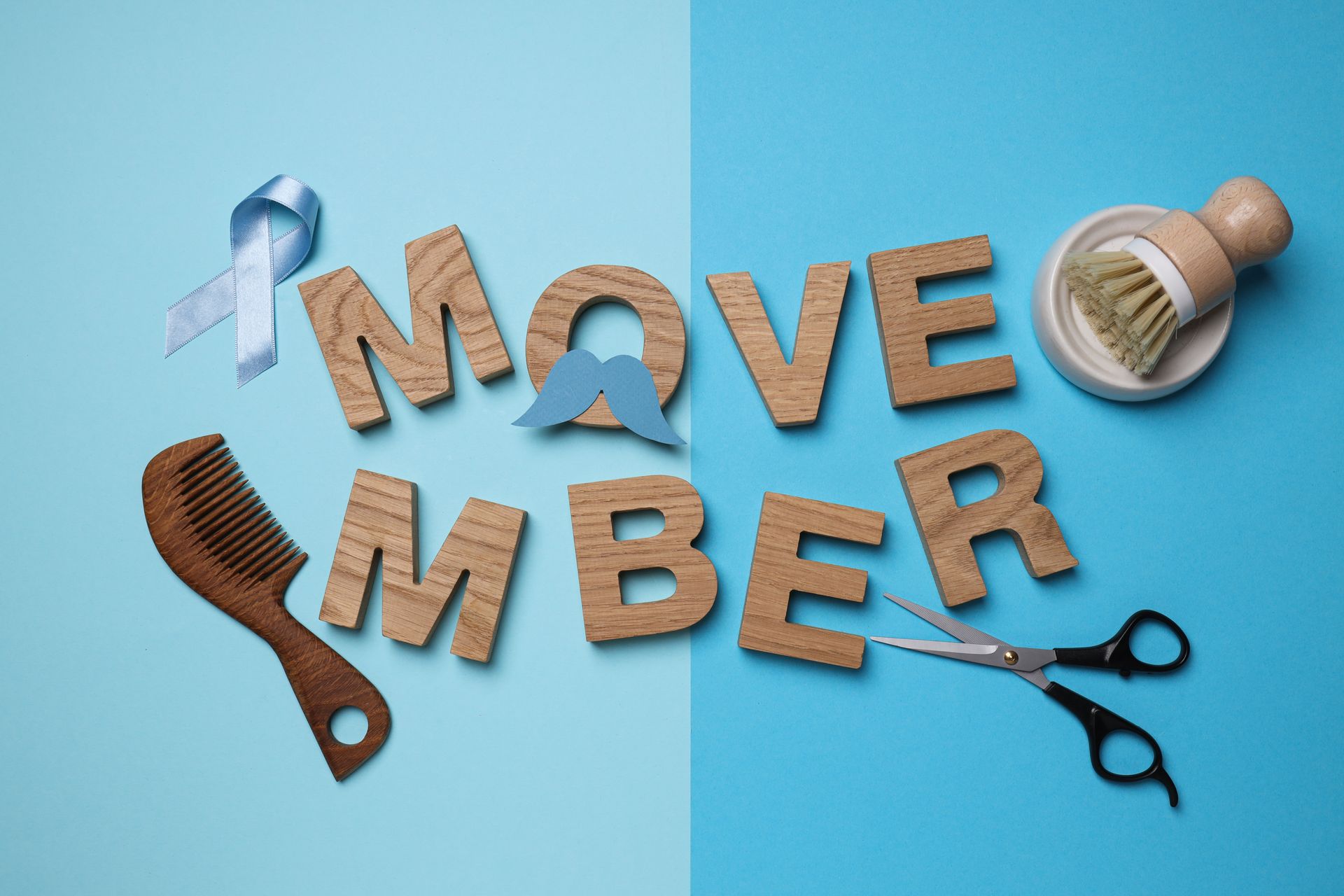What is the Vagus Nerve, and how can it impact your health?
THE VAGUS NERVE - ESSENTIAL FOR OPTIMAL HEALTH.
- By Joanne Schreiber, R.M.T.
The Vagus Nerve is the longest cranial nerve in the body. Exiting the medulla oblongata of the lower brainstem where it passes through neck muscles positioned between the carotid artery and jugular vein where it divides into left and right branches.
Named as the vagabond of nerves ,cranial nerve X or the 10th cranial nerve, it is command-driven and is the operating system of the parasympathetic network. Its long winding motor-sensory endings consist of a mix of 80 % visceral afferent fibers sprouting from sensory ganglion of the peripheral nervous system and 20 % efferent fibers originating in the dorsal root of the sympathetic nervous system.
Parasympathetic Nervous System (80 % visceral efferent) controls our rest and digest, and Sympathetic Nervous System prepares the body for physical threat in that we either fight or freeze.
The Vagus Nerve signals the brain through sensory receptors within our environment. It is the main part of parasympathetics, therefore when vagal threshold is amplified tone is affected and requires regenerating or modulation to regulate and strengthen the signals. Hence the reason for low vagal tone.
Within this frame of reference T O N E is the natural threshold that the parasympathetic system exerts on the vagus nerve. Therefore, when this network malfunctions the signs and symptoms of physical and psychological distress develop. Activating parasympathetic through various activities of MVNI is paramount for the gut-brain linking;
If the vagus nerve is not working correctly, one may be at a greater risk of conditions including:
- Loss of voice
- IBS
- epilepsy
- Acute or Chronic Stress
- Anxiety
- Fainting, (vasovagal syncope)
- Diabetes,
- Gastroparesis (a condition where the stomach cannot empty itself – the nerve and muscle strength are slower and so movement through, is very inactive.
- Mood Disorders one’s general emotional state is inconsistent or distorted that impedes the ability to carry out daily routines.
- Feelings of sadness, depression or having days where you are shifting from being extremely happy to being depressed (mania)
- Anxiety disorders may affect mood as seen in chronic depression
Here are some of the immediate benefits you will experience after a Vagus Nerve Inhibitor Treatment:
- Lowering heart rate
- Boosting Immunity
- Improve alertness and cognition
- Reduce Brain Fog
- Reduce Blood Pressure
- Boost Mood
For more information on Massage Therapy and the Vagus Nerve Inhibitor Treatment click here or below to Book a Session now!














